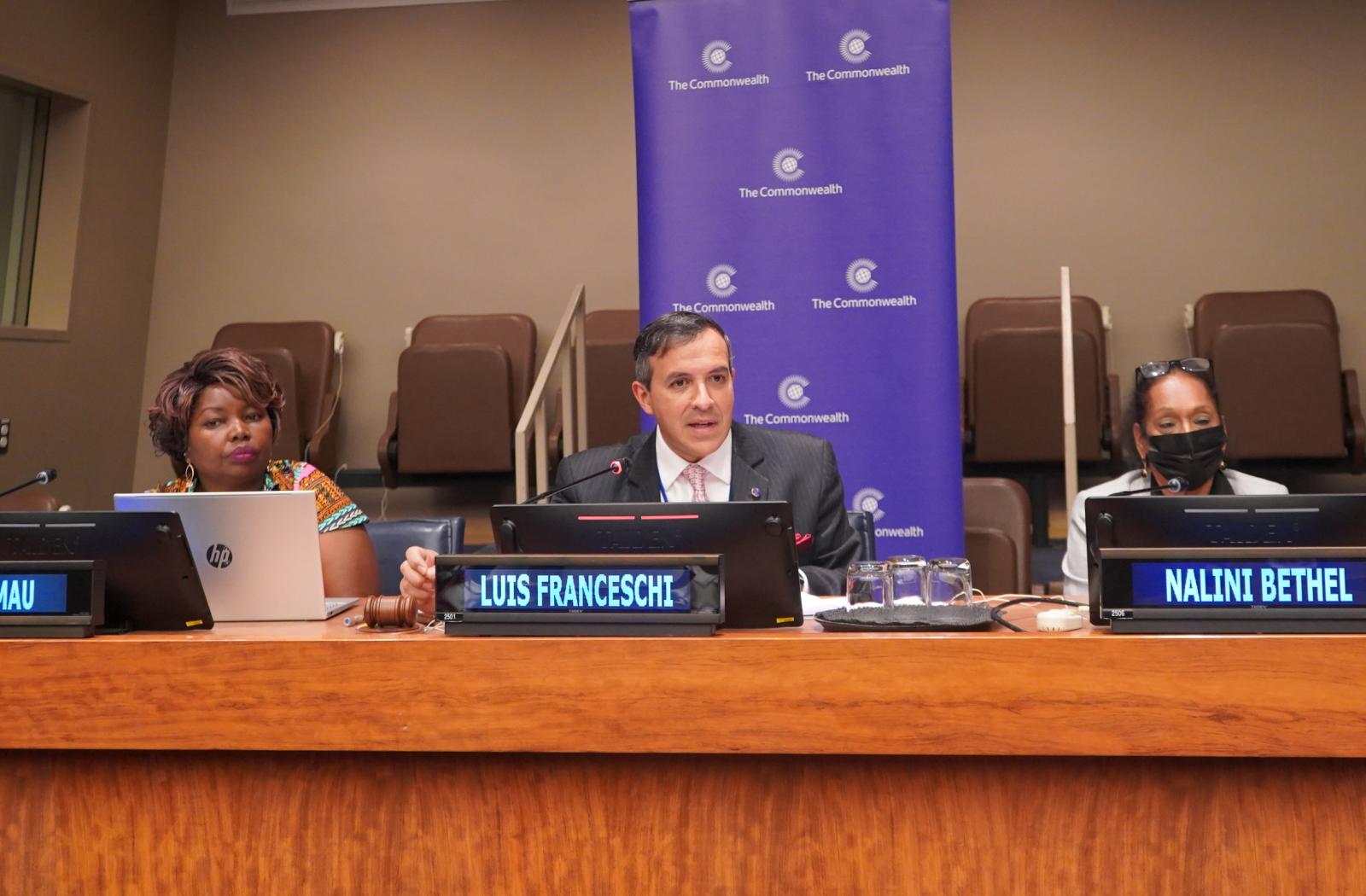Disability inclusion is a priority policy area on the agenda for the upcoming Commonwealth Heads of Government Meeting (CHOGM) in Samoa this October.
The Commonwealth has urged governments, international agencies and disabled people’s organisations to urge countries to prioritise the rights and needs of people with disabilities in policy development.
This was raised at a side event hosted by the Commonwealth Secretariat’s Human Rights Unit at the United Nations headquarters in New York City on 11 June 2024, during the 17th Conference of State Parties to the United Nations Convention on the Rights of Persons with Disabilities (COSP17).
Despite Samoa being the location where this will be addressed, the nation’s record of being disability friendly is poor. The policies do not support disabled people with opportunities for education and employment.
Infrastructure and building construction also do not support people with disability denying them access.
Opening the event, Commonwealth Assistant Secretary-General Professor Luis Franceschi said: “Under the Convention’s general obligations, the protection and promotion of the human rights of persons with disabilities must be taken into account in all policies and programmes.”
Adopted in 2006, the Convention is a major milestone in the effort to protect, promote and fulfil the human rights of 1.3 billion persons with disabilities around the world.
To date, 55 out of the 56 Commonwealth countries are party to the Convention.
The event, which focused on implementing the Convention, featured speakers from several Commonwealth countries. They discussed practical ways to engage persons with disabilities in policymaking on issues, such as poverty eradication, quality education, and productive employment.
Nalini Bethel, Chairperson of the Bahamas’ National Commission for Persons with Disabilities, underscored the importance of consulting disabled people’s organisations to identify and address barriers.
Parmi Dheensa, Co-Chair of the Commonwealth Children and Youth Disabilities Network, stressed the need for a well-funded, rights-based approach to help children and youth with disabilities overcome physical and attitudinal barriers. She said these solutions should be guided by their lived experiences.
Sarah Kamau, Chair of the Commonwealth Disabled Peoples Forum, highlighted that training people with disabilities is essential for their meaningful participation in policy development.
Following the event, Professor Franceschi addressed the general debate of COSP17 on behalf of the Commonwealth.
He said this year’s COSP theme, ‘Rethinking disability inclusion the current international juncture ahead of the Summit of the Future’, reflects Commonwealth Heads of Government’s commitment to protecting the rights of people with disabilities.
Prof Franceschi continued: “Disability inclusion is a priority policy area on the agenda for our upcoming leaders meeting in Samoa this October.














